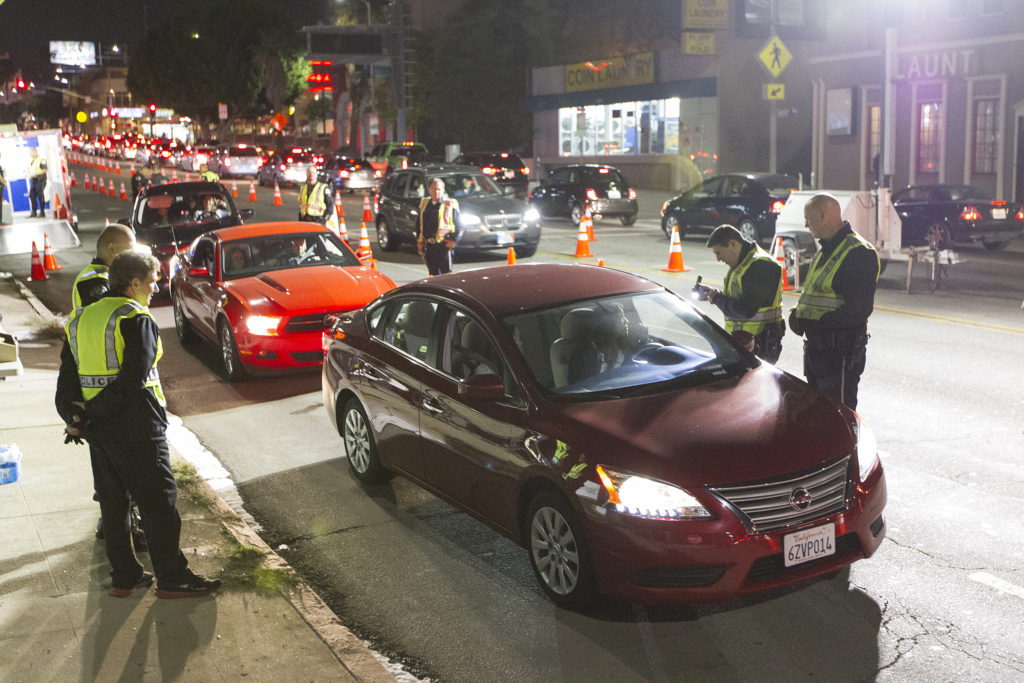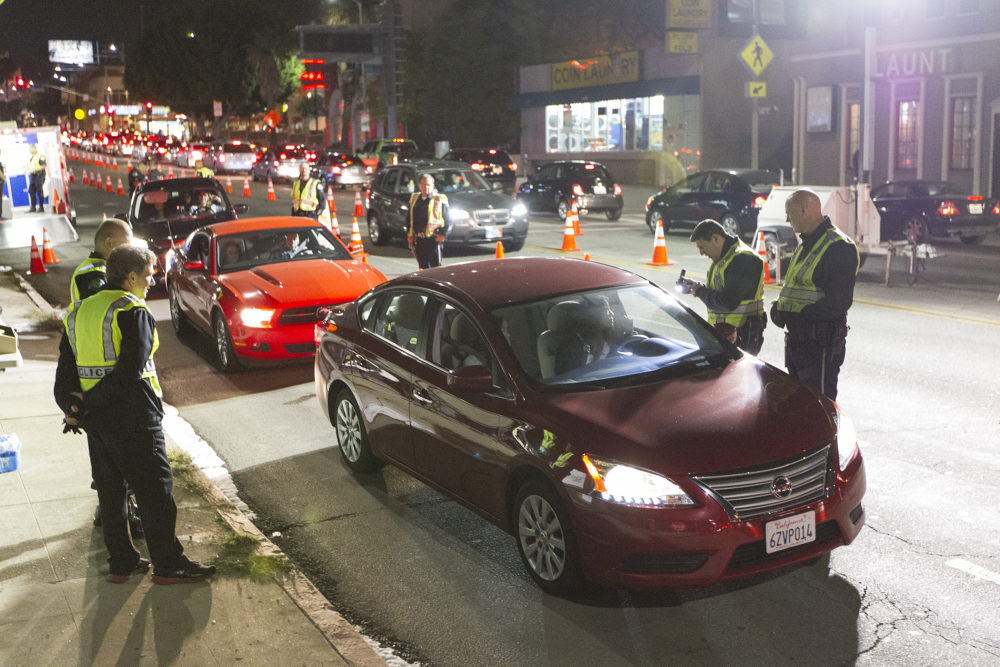Why these checkpoints don’t keep us safe

These checkpoints may seem worthwhile, but what do they really accomplish?
Drunk driving is a serious crime that not only impacts the driver convicted of it but also the many victims that drunk driving claims each year.
To combat this, many local governments institute sobriety checkpoints at which a police officer would look at each driver it stops for any sign of impairment. This seems nice when you first think about it, but there are several major problems regarding the effectiveness of these stops.
First, sobriety checkpoints must be announced not only to the local media but also with road signs announcing when and where these checkpoints will be set up. For a person who wants to drive drunk on that particular day, they simply need to take a different route to avoid seeing the cops who are manning the checkpoint.
Placing large amounts of police resources in one small checkpoint is not only inefficient but also a great way for impaired drivers to get away from police.
Furthermore, these checkpoints must be stationed by a group of roughly six to 12 officers. This is to help get drivers through the checkpoints more efficiently and separate those who need to have a word with the cops from those who don’t.
Those six to 12 cops at a checkpoint would mean there are six to 12 fewer cops out on the road looking for impaired drivers. In this match, the bad guys win while public safety loses due to the inefficient use of police resources.
Placing large amounts of police resources in one small checkpoint is not only inefficient but also a great way for impaired drivers to get away from police. The cost of operating a sobriety checkpoint for several hours does not yield great results for taxpayers who want the police to take impaired drivers off the road.
A better way of catching impaired drivers is for cops to drive around and look for signs that a driver might be intoxicated. Things, like swerving or following too closely behind care, are just some of the ways cops can determine if they need to pull over an offending driver.
Most people driving on the road are not impaired. However, there are some who are and are determined not to get caught. Taking cops from these checkpoints and putting them on the road is the best way of finding impaired drivers and keeping everyone safe.
